Used in discussing market copy and branding in Discovering Your Author Brand by M.A. Lee

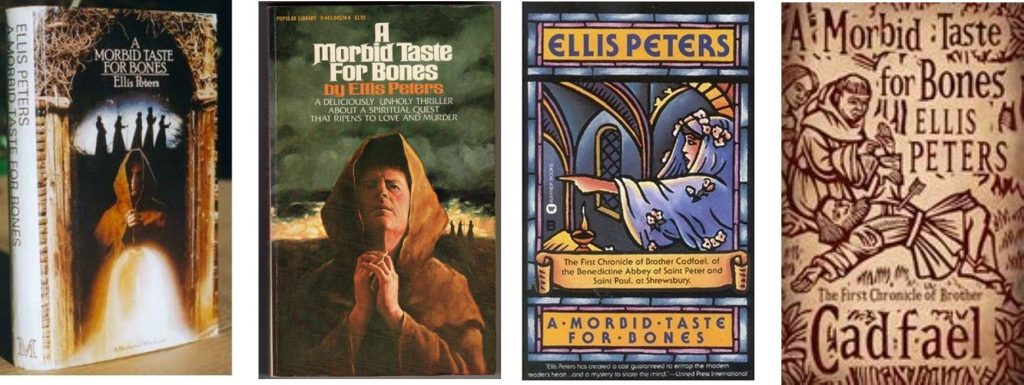
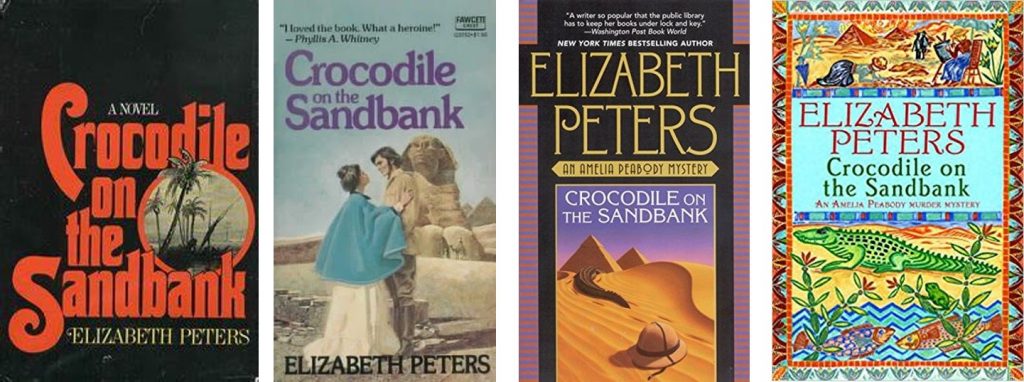
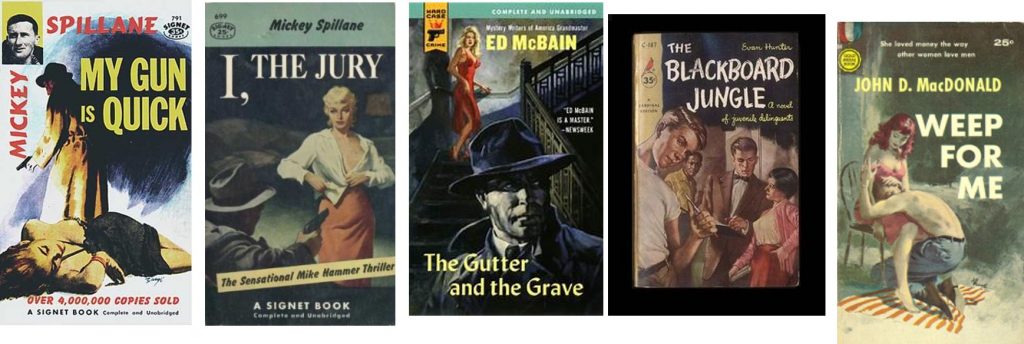
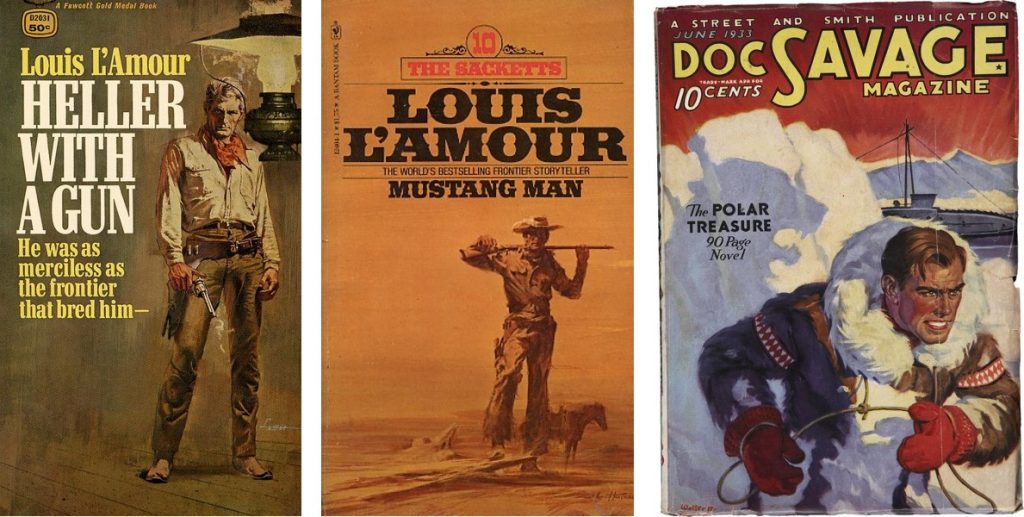
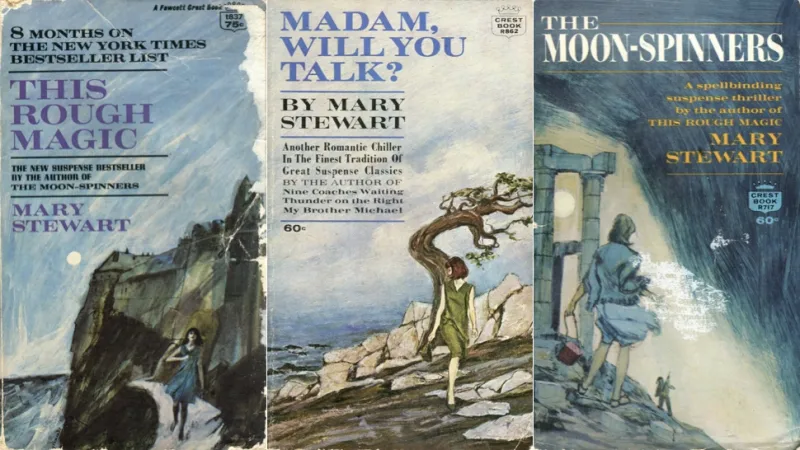

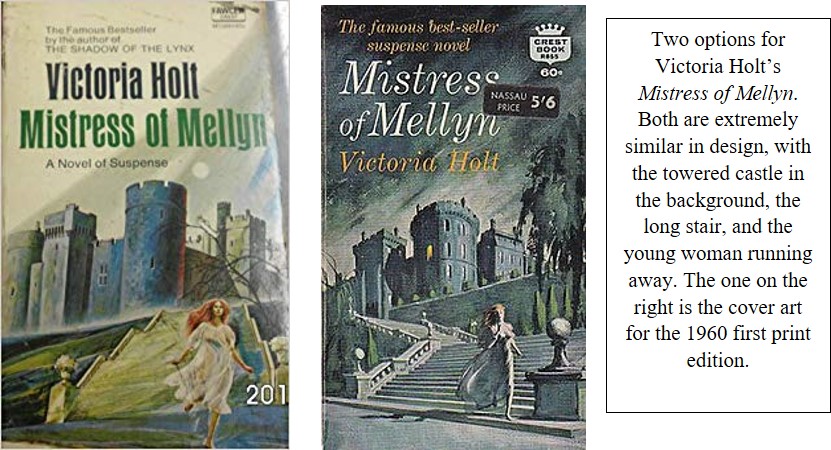
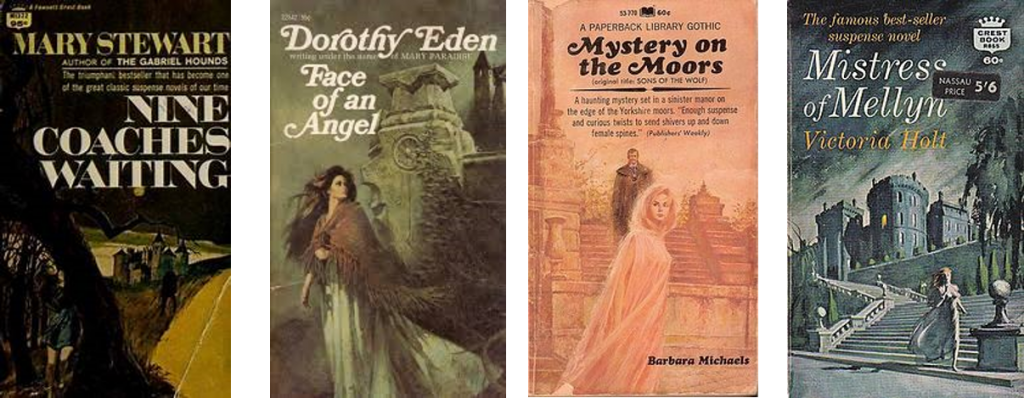

Learn. Write. Live.
Used in discussing market copy and branding in Discovering Your Author Brand by M.A. Lee









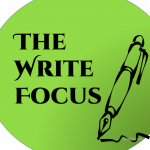
Everything to do with Plot.
Freytag’s Pyramid and the Beats.
Plot Points and Pinch Points and the Complex Plot Structure.
Three-Act … or Four-Act Structure.
Shakespeare’s Structure.
And the best Structure of All, the most adaptable to every writer’s needs, able to be stripped down to the basics or built into cycles for epic length.
We cover it all, every Wednesday as the year cools into autumn and winter.
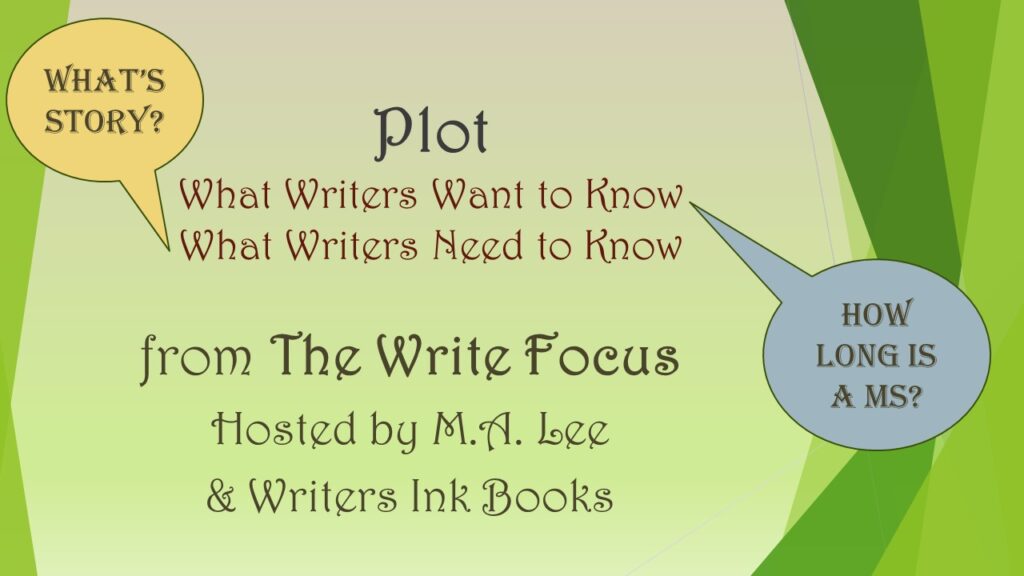
Information comes from our host M.A. Lee’s guidebook Discovering Your Plot,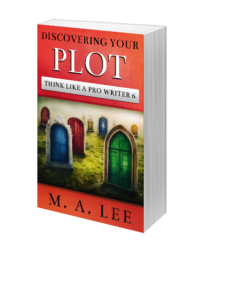 with assistance from Edie Roones and Remi Black.
with assistance from Edie Roones and Remi Black.
What do writers want from plot?
What do writers need from plot?
As wordsmiths, we writers know that want and need are two different words.
Can we writers deliver on the expectations and the surprises in order to please our readers?
That’s the involved question that our series based on Discovering Your Plot hopes to answer.
Join us.
Listen on your favorite podcast site: from Apple to YouTube, Spotify and Podbean (my favs), Google Play, Amazon Music / Audible, Samsung and Player FM, Podcaster, the rivals iHeart and Tune-in, and too many to list.
Here are links to the easiest podcast services. Find our green logo and follow.
My favorite podcast is Podbean. https://eden5695.podbean.com/
YouTube direct link to the last playlist on Branding: https://www.youtube.com/playlist?list=PLXi3M_aM-d7L4OtDk2Bde7LDwQ2l7K8NE
Apple https://podcasts.apple.com/us/podcast/the-write-focus/id1546738740%20
Spotify https://open.spotify.com/show/4fMwknmfJhkJxQvaaLQ3Gm?si=ffeb71ed17c3409d
Amazon/Audible https://music.amazon.com/podcasts/062ecc60-d61c-432a-ad99-8234c1044ef1
ListenNotes https://lnns.co/y_Jg5rpaMNo
Google https://podcasts.google.com/feed/aHR0cHM6Ly9mZWVkLnBvZGJlYW4uY29tL2VkZW41Njk1L2ZlZWQueG1s
Tune-in https://tunein.com/podcasts/p1608565/
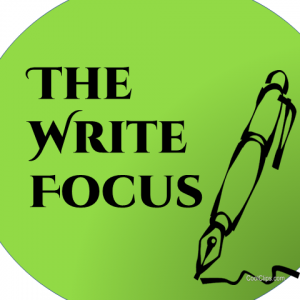
The Write Focus presents information on productivity, process, craft, and tools. Our podcast is for newbies who want to become writing pros and veterans who are returning to writing after years away.
For up-to-date links and resources, visit www.thewritefocus.blogspot.com .
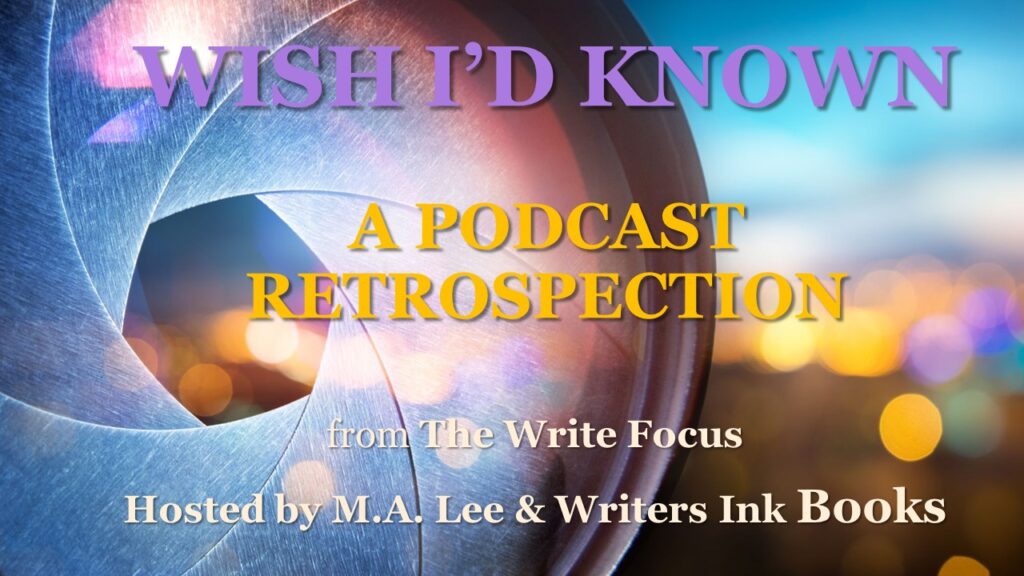
We don’t often take the time to look back, to do a retrospection, a look at What I’d Wish I’d Known before ever starting. We track our accomplishments. Then we diligently write down the small steps that take us to our short-term goals and on to our long-term ones.
If we’re good little bunnies, we check our Master Plan once a year. We should rewrite it every third or fifth or seventh year. I can’t imagine a 10-year Master Plan. After my first five-year plan, I had to drop back from five to three because my plans change so much. I get new information. I clarify my goals I shove things forward that I wasn’t able to accomplish when I first envisioned them through rosy-colored glasses.
Even so—when we do stop and look back, we should consider all we’ve gained, all we’ve learned, and share that with others. Advice along the lines of “Wish I’d Known”.
We have a two-episode Retrospective, first on Podcasting, especially since many people are exploring podcasting as a new endeavor, on May 15. Then on May 22, the Retrospective focuses on Writing.
Decisions. Regrets. We cover them all.
Link to the audio of the May 15 episode: https://eden5695.podbean.com/e/520-wish-id-known-a-podcasting-retrospective/?token=002359eb986dd8adc7af0ec72855c8d2
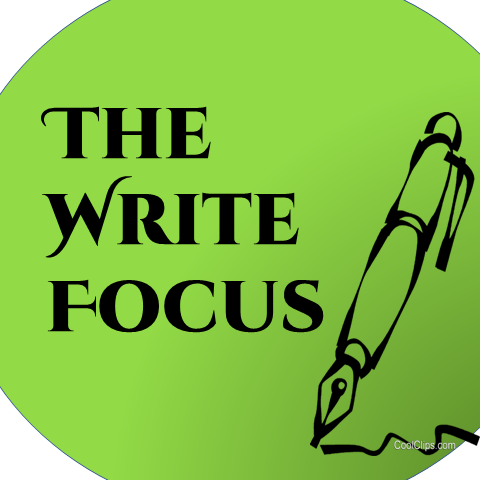
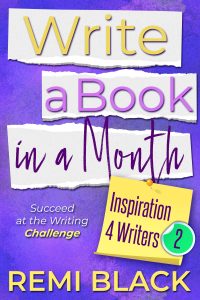 On The Write Focus, we’re posting a daily podcast from Write a Book in a Month, by Remi Black.
On The Write Focus, we’re posting a daily podcast from Write a Book in a Month, by Remi Black.Daily check-ins include the project stage progressing word count as well as speculations on writing in general and the writing business in particular.
Click this link to visit TheWriteFocus blog.

1] Daily Word Count
2] Length to Goal
3] Reason for the Goal
Each episode runs less than 10 minutes. Listen briefly every day or hoard up several episodes for when you fix a quick dinner, drive a short commute, or take a brisk walk.
Lessons for writing happen along the way!
Each episode will conclude with the two quotations from professional writers (Hemingway! Heinlein! Atwood! More!!!) that opened and closed the day’s writing sessions.
Bookmark your favorite to come back daily.
Podbean: The Write Focus (podbean.com)
Apple podcast https://podcasts.apple.com/us/podcast/the-write-focus/id1546738740%20
Spotify https://open.spotify.com/show/4fMwknmfJhkJxQvaaLQ3Gm?si=0GFku2PbShWXiDhRp7JaDQ
YouTube Channel Writers Ink Books – YouTube
Join us!
Amazon links are given because it’s easy, and for no other reason.
Purchase Write a Book in a Month at Amazon here. https://www.amazon.com/dp/B0848MWXGD
Also mentioned in the first 10 episodes (March 31 to April 5) ~
Patty Jansen’s Self Publishing Unboxed Amazon.com: Self-publishing Unboxed (The Three–year, No-bestseller Plan For Making a Sustainable Living From Your Fiction Book 1) eBook: Jansen, Patty: Kindle Store
Purchase Think/Pro at Amazon here: https://www.amazon.com/Think-like-Pro-Advent-Writers/dp/1983248266/
The Think/Pro planner for writers can be purchased here: https://www.amazon.com/Think-Pro-Planner-M-Lee/dp/1983248673/
Dwight V. Swain’s Techniques of the Selling Writer https://www.amazon.com/Techniques-Selling-Writer-Dwight-Swain/dp/0806111917/
Anne Morrow Lindbergh Gifts from the Sea https://www.amazon.com/Gift-50th-Anniversary-Anne-Morrow-Lindbergh/dp/0679732411/
Marie Kondo The Life-Changing Magic of Tidying Up https://www.amazon.com/Life-Changing-Magic-Tidying-Decluttering-Organizing/dp/B00RC3ZGN4/
The series begins May 18.
We have various short topics to discuss. Compiling them into our Summer Series seems a smart idea. (Of course, what looks good on paper sometimes doesn’t translate to reality!)
Thanks for listening to The Write Focus. We focus on productivity, process, craft, and tools. Our podcast is for newbies who want to become writing pros as well as veterans who are returning to writing after years away.
Looking for Links? All the way down!
Episodes links will not be active until the date of the episode passes!
Research: a Ho-Hum topic? Not quite.
Research is necessary in all realms of writing.
Whether discovering the details that given veritas to our fiction, the details that we shouldn’t get wrong in commemorative poems, or just adding specific and elaborating details to our nonfiction, HUMDRUM RESEARCH is totally necessary.
The challenge comes in determining how many research details to use.
Having trouble with short narratives? Short stories? Narrative poems? Anecdotes in your blogs and essays/articles?
I had trouble. Free admission. I would launch into a story that I hoped would be 8,000 to 10,000 words only for the word count to top 20,000 or more. I was rather proud of myself when a planned short story ran less than 15,000 words.
My narrative poems ran longer than 5 or 6 stanzas. Think “Wreck of the Edmund Fitzgerald” length. For the blog I wrote, my example stories ran more than 15 to 20 sentences.
Too long. What’s that acronym? TL;DR. “Didn’t read.” Oops.
What was I doing wrong? Surely there’s a secret to short narratives? Guess what? There is! In this episode, I’ll share what I found.
Timings
Success with short narratives? That’s our current goal. We’ve found Lester Dent’s Plot Formula.
We’re creatives, so we can adapt the formula to fit our genre needs. We know the four parts of the 4 movements. We’re writing fiction / poetry / non-fiction. What’s next?
The details, man. It’s all in the details … of the narrative.
Timings
Lester Dent’s Plot Formula / printable pdf / https://mgherron.com/2015/01/lester-dents-pulp-paper-master-fiction-plot-formula/
Paul Simon’s “America” https://www.azlyrics.com/lyrics/paulsimon/america.html
Video of above America – Lyrics – Simon & Garfunkel – YouTube
Garth Brooks’ “The Thunder Rolls” https://www.azlyrics.com/lyrics/garthbrooks/thethunderrolls.html
Video of above “The Thunder Rolls”
Our focus : the special writing skills that we can learn and practice then apply in our next manuscript, using a light paintbrush. Revision with Enhancements makes our writing better.
in our next manuscript, using a light paintbrush. Revision with Enhancements makes our writing better.
The Enhancement series divides our practice into concepts and schema or ideas and structure or figurative language and rhetorical devices.
We are available from Apple to YouTube, Spotify and Podbean (my favs), Deezer and Podcaster, the rivals iHeart and Tune-in, and too many more to list.
Here are the 4 easiest:
My favorite podcast is Podbean. https://eden5695.podbean.com/
YouTube direct link to the Enhancements playlist: https://youtube.com/playlist?list=PLXi3M_aM-d7Iyaw3xDbgPAQrc1p8CG_Z7
Apple https://podcasts.apple.com/us/podcast/the-write-focus/id1546738740%20
Spotify https://open.spotify.com/show/4fMwknmfJhkJxQvaaLQ3Gm?si=0GFku2PbShWXiDhRp7JaDQhttps://eden5695.podbean.com/e/270-preptober-part-2-13-steps-for-dancing-part-1/?token=7b928fab89a35c042dcbfcdf2e206e4d
Apostrophes ~ no, not the mark of punctuation. It’s the literary term. Know what it is? How about paradox? Sure on that? Chiasmus: my favorite, people enjoy when they see it, but do you know the term when you want to practice it? Can I stump you with these? Polysyndeton. Epistrophe. These are all Enhancements that can help your writing sing on the page. That’s an implied metaphor, BTW.
Enhancements from anastrophes to zeugmas ~ the series starts with this episode.
Similes: easy enough. Metaphors: also easy. Direct Metaphor: just like a simile. Implied Metaphor: now we’re getting complex. Hyperbole: easy again. Great for insults.
How about metonymy and Synecdoche?
“Wait, I know these,” you say. “Let me remember. I haven’t heard them since high school. Metonymy’s when a part of something represents the whole. Oh, that’s synecdoche. I don’t remember metonymy.
Don’t stress. This episode of The Write Focus will help.
Examples from poetry, novels and speeches.
A love of words. A love of what we writers can do with words. We can tell an engrossing story and create characters that we love and that we love to hate. We can make our readers cry and laugh. We can persuade and win points or write an angry tirade for our soapbox of choice. We can play with words, language acrobatics, jumping words through fiery hoops and tumbling and backflips.
And compelling writing at the sentence level starts with comparisons, with figurative language.
Want to improve your sentence craft? This episode can help.
Samples from poetry, novels, and speeches with extended poem excerpts or entireties listed below. (Is that a word?)
What’s an easy and ingenuous way to elevate our writing to the next level? This way works down into the words we place on the page. In character descriptions. Setting development. Plot dynamics. It’s like a secret language that most readers don’t know about even as their subconscious recognizes that secret language. In many respects, this is global, recognized everywhere. If no one spots it—which is always good—this secret gives us writers a satisfactory glow every time we touch it onto the page.
What is this easy and ingenuous way to elevate our writing? Symbols.
Last week was a half-hour episode on Symbolic Numbers. This week we’re all about symbolic colors, and we have our regular length: long enough to fix a quick dinner, drive a short commute, or take a brisk walk.
We explain the 3 primaries red, blue, yellow; the neutrals black, white, grey; the metals silver and gold; and the vivid purple, green, and orange. Can’t leave out brown, the color of old sacrifice.
Join us for ways to enhance your writing by changing a single word.
It’s the Enhancement series, on The Write Focus.
Special Links for this episode
The Road Not Taken by Robert Frost | Poetry Foundation
NC Wyeth 450px-Boyskingarthur-wyeth-excalibur-lady-of-the-lake.jpg (450×574) (summitlighthouse.org)
It’s the 100th episode. Time to Celebrate.
And
Besides symbolic colors and numbers, how else can we add single words and short phrases to enhance our writing? We’re delving into simple touches that we can add to stories and poems and novels AND nonfiction essays and blogs to enrich the text for our readers.
Key words here are simple touches. These carry a tremendous wealth of information.
By having several tools in our writers’ toolbox, we can layer our enhancements in with a light touch. With our previously discussed metaphors and other figures of speech, we dab in a color symbol or three, a number here and there. But we’ve barely explored the writer’s toolbox.
In this episode of The Write Focus, we offer another method to touch a highlight to our writing.
Last episode I had a major oopsie. Almost finished recording three tools (imagery / archetype / allusion) for our Enhancement Writer’s Toolbox, and I realized the recording had approached 40 minutes. Quelle surprise!
Now I stumble over words and pause and take long breaths, but I know—know—that I wouldn’t have enough errors to lose 20 minutes. I can accept reaching 25 minutes. We’ve had a ½ hour episode, part 1 of Symbols (the numbers). But multiple ½ hour and more episodes? No. NO. That defeats The Write Focus’s stated length: time for a quick commute, brisk walk, or fast meal-prep.
The plan to cover imagery, archetype, and allusion in one episode was because all three contain a wealth of information in one word or phrase (a Herculean task).
Therefore, rather than run 40 minutes, I broke that planned episode into two.
Emily Dickinson ~ both versions of “I Never Saw a Moor” https://allpoetry.com/I-Never-Saw-a-Moor
e.e. cummings ~ “i carry your heart” https://www.poetryfoundation.org/poetrymagazine/poems/49493/i-carry-your-heart-with-mei-carry-it-in
A Relatively Short Episode at 12 minutes
Ever heard a story, and just know, know that something extra is also part of the story? Not hidden bits and pieces but a whole narrative?
A top story is running along, but another story runs underneath the surface, occasionally poking up the periscope for a look around before re-submerging so it can run silent, run deep? (Yep, that’s an allusion to the famous submarine movie.)
That submerged story, it’s an allegory, and the allegory occurs more often than we would imagine.
How do we craft our allegories? This episode can help.
Mystical wanderer. Dark desert highway. A ragged prince who turns into a toad. The beast of fame that cannot be killed.
Recognize these images? Yep, it’s Carole King’s “Tapestry”, a riddling allegory that questions more than it answers, and “Hotel California” by the Eagers, another allegory of Fame and the goddess Fortuna.
“Hotel California” has a classical music connection to Carl Orff’s “O, Fortuna.” Now that’s a surprise.
These chart-topping songs are the focus for Allegories, part 2. Come along as we explore the songs and their allegories and discover how to craft an allegory in our own writing.
Carole King – Tapestry Lyrics | AZLyrics.com
Carole King performing “Tapestry” with images https://youtu.be/LUWIwhhxyDM
Eagles – Hotel California Lyrics | AZLyrics.com
Eagles’ live performance https://youtu.be/l4Cb9Hj1WZM
Lyrics to O Fortuna | Latin and English (had2know.org)
Andre Rieu conducting a performance of “O Fortuna” André Rieu – O Fortuna (Carmina Burana – Carl Orff) – Bing video
“Always in motion is the future.”
Do you recognize that quotation? You may be able to because the words are out of natural order.
It’s Yoda!
No, we’re not going to talk about Yoda and the Star Wars franchise or laser swords.
Our focus for this episode is Words Out of Natural Order. That happens more often than we writers realize.
Inversion, switching up the natural order of words, is more than Yoda and a Zen-like character device that became a gimmick.
It’s recognizable, though, isn’t it?
How can we use Inversion to create our own writing—without becoming a gimmick? This episode of The Write Focus can help.
For CHIASTIC STRUCTURE, which is too involved to hear (You have to SEE it), visit this link and look for the Chiastic Structure of the Iliad books.
“Tomorrow and tomorrow and tomorrow / Creeps in this petty pace from day to day.”
Why are we quoting the famous Macbeth speech by Shakespeare? It has two separate types of repetition. The 1st type is simple repetition with two instances. The 2nd type is a repetition of opening sounds.
In this episode we’re also going to talk about a third clever type of repetition.
Three types of repetition. Did you know repeating words is a proliferate writing technique? Like Guppies, words clone each other. Join our presentation of three simple ways to capture reader interest and curiosity.
Joni Mitchell – Both Sides Now Lyrics | AZLyrics.com
Judy Collins sings BSN with Arthur Fiedler’s Boston Pops as accompaniment
Repetition. We focused on simple repetition in the previous episode, from the riding, riding, riding of “The Highwayman” up to the old inn door to the clever use of incremental repetition, with “I’ve looked at cloud … and love … and life” in Joni Mitchell’s “Both Sides Now”, and to alliteration of “streaming rain, blinding sleet, stoned by hail, freezes the frost and fall the snow” from an Old English poem.
This time we look at the intricate types of repetition, to and fro, fast and slow, front and back, complicated but powerful. It’s Repetition, part 2.
Opposites / Dichotomies are the foundation for all ideas. The positive / negative synergy develops concepts for finance and commerce, business and manufacturing, science and tech, fiction and nonfiction, art static and art dramatic.
The world also has its triads and quarternaries ~ past / present / future and earth / air / water / fire.
We have many more dichotomies than triads and quarternaries and even symbiotic dualities (yin / yang). When the opposition is presented “for effect”, then we have an Enhancement.
“I always lie.” There’s a conundrum for you. If we tell people that we’re lying—are we lying or telling the truth? Yes? No? Difficult to tell, isn’t it?
The opposites in this week’s episode offers 3 types that can quickly entangle us. If you’ve ever been mixed up about paradox, irony, or satire, this episode can help.
LINK to “Counting Stars” lyrics
We’re going from A to Z this week, as we discuss Sequences, the last of the Enhancement series.
Climbing higher and higher = foothills, ridges, mountains.
Getting worse and worse = aged, ancient, decrepit.
Listen up to discover ways to sequence, progress / regress, ascend / descend, and create clever jumps in meaning.
Discovering Sentence Craft by M.A. Lee
2 Online Compendium References for Rhetorical and Figurative Devices:
Productivity from WMG Publishing and Dean Wesley Smith
Over at The Write Focus, we’re running a brief series on how to Prep your Manuscript for Publication.
Manuscript for Publication.
After the Fall Writing Challenge, Revision, Edits and Corrections, and Publish & Promo are the last three steps.
Visit The Write Focus website to view everything we’re doing.

By the Way, we’ve expanded distribution of the Podcast. In addition to Podbean, YouTube, Apple, and Spotify, you can listen to us on the following sites:
Amazon Prime
iHeart
Tune-In

Deezer
Stitcher
Pandora
Google Podcast
PocketCast